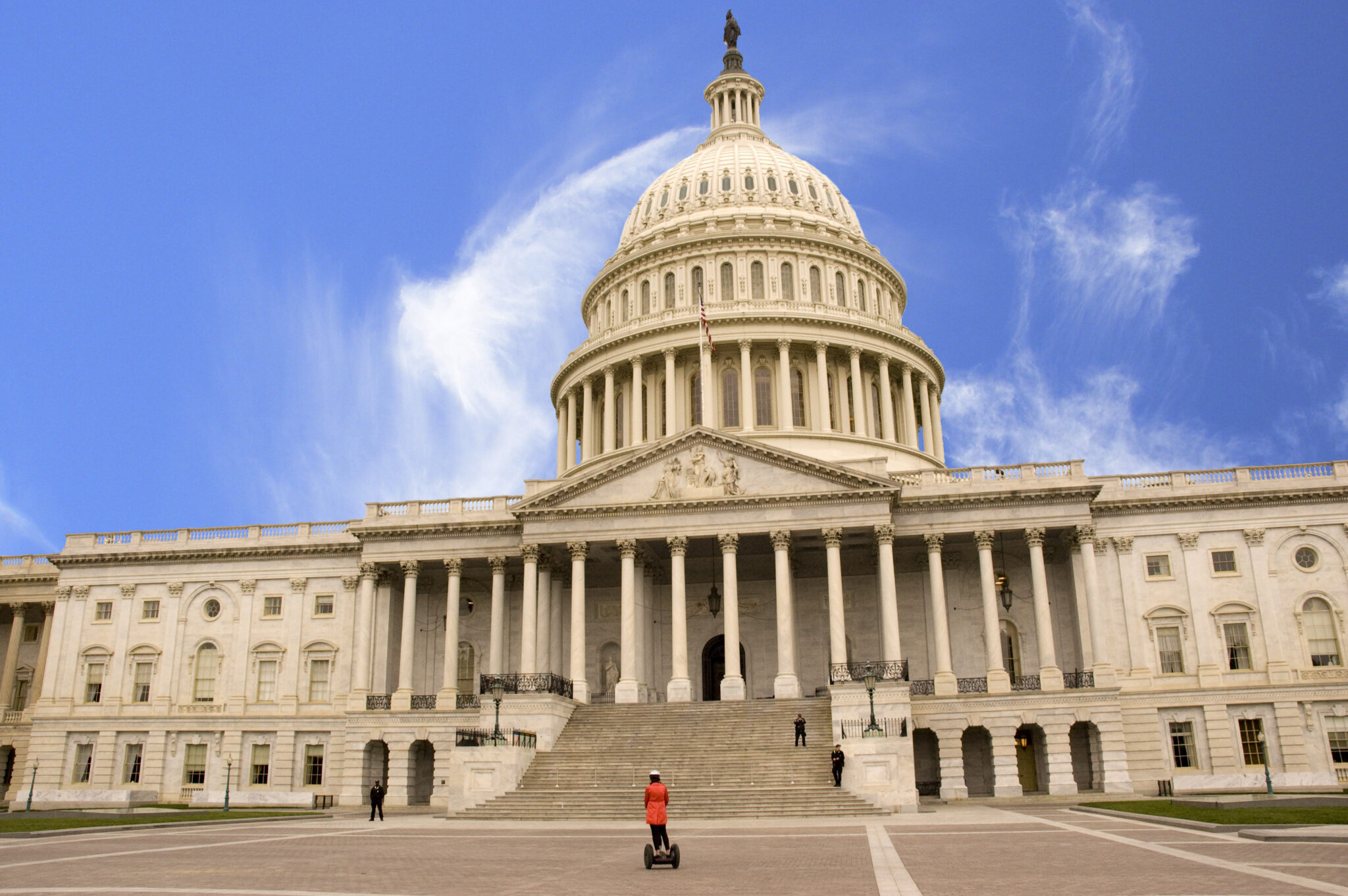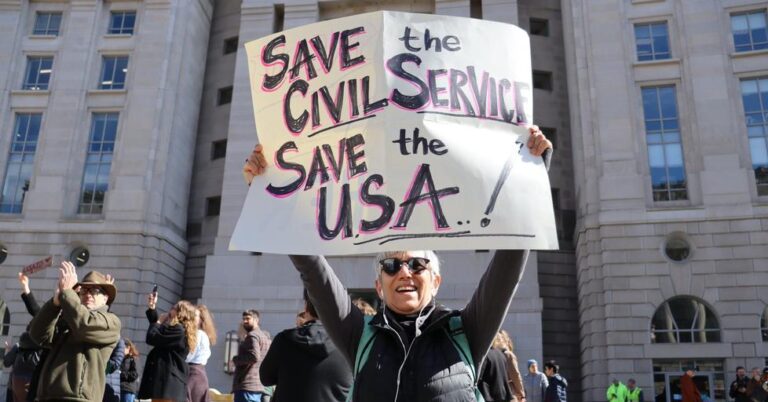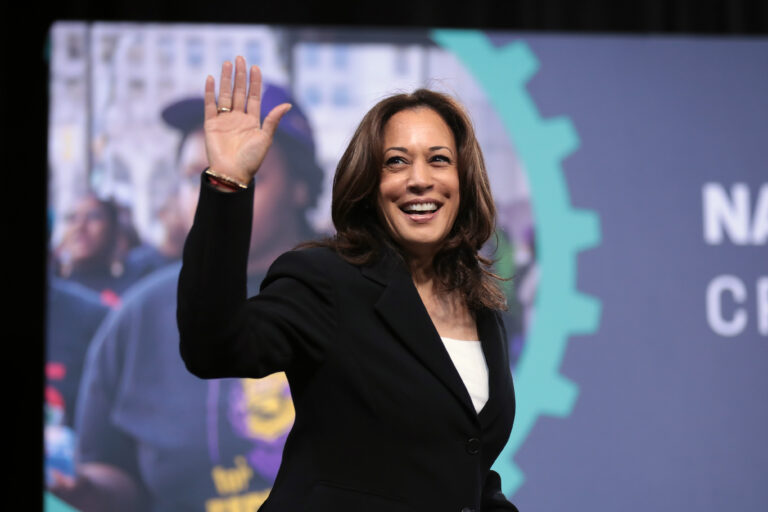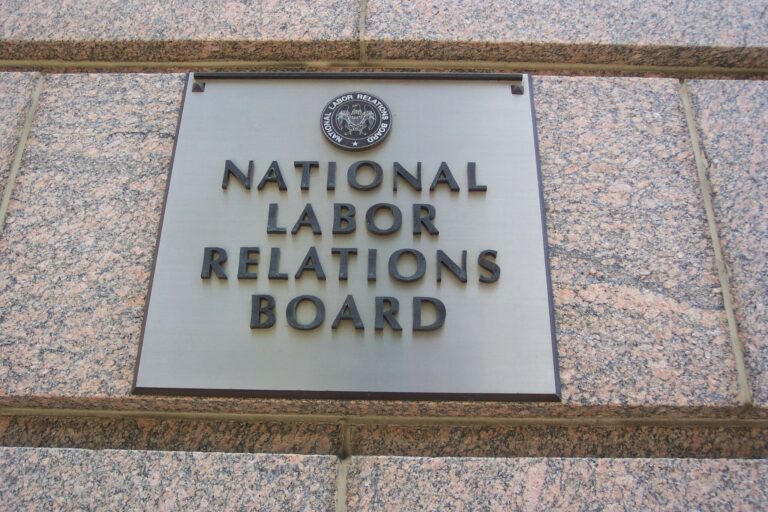
Benjamin Sachs is the Kestnbaum Professor of Labor and Industry at Harvard Law School and a leading expert in the field of labor law and labor relations. He is also faculty director of the Center for Labor and a Just Economy. Professor Sachs teaches courses in labor law, employment law, and law and social change, and his writing focuses on union organizing and unions in American politics. Prior to joining the Harvard faculty in 2008, Professor Sachs was the Joseph Goldstein Fellow at Yale Law School. From 2002-2006, he served as Assistant General Counsel of the Service Employees International Union (SEIU) in Washington, D.C. Professor Sachs graduated from Yale Law School in 1998, and served as a judicial law clerk to the Honorable Stephen Reinhardt of the United States Court of Appeals for the Ninth Circuit. His writing has appeared in the Harvard Law Review, the Yale Law Journal, the Columbia Law Review, the New York Times and elsewhere. Professor Sachs received the Yale Law School teaching award in 2007 and in 2013 received the Sacks-Freund Award for Teaching Excellence at Harvard Law School. He can be reached at [email protected].
Republican Senator Josh Hawley has circulated a document titled “A Pro-Worker Framework for the 119th Congress.” The document, available on Punchbowl News, lays out a set of proposals for labor law reform. The proposals, couched in broad terms and not in legislative language, include: requiring employers to post notices of NLRA rights and to affirmatively notify new employees of their NLRA rights; implementing safety and health reforms particularly for warehouse workers (presumably in line with the Warehouse Worker Protection Act, which Hawley supported in the last Congress); banning captive audience meetings “while protecting free speech rights of business owners”; holding NLRB elections within 20 days (of a petition presumably, though this isn’t specified); requiring that initial contract bargaining begin within 10 days of a successful union election and requiring that unions and employers “execute their agreements within months, not years”; and enhanced remedies with a private right of action in certain cases.
It is unclear whether there is more detail available about Hawley’s ideas (Punchbowl has only the one-page document) and, without more detail, it’s hard to offer anything like a complete assessment of the framework. This document, moreover, is far from a bill and it remains to be seen how much traction Hawley’s proposals will get, including from the incoming Trump Administration. And, even if all were enacted, this slate of reforms would fall far short of what’s required to fix U.S. labor law. But these are proposals for significant changes that may scramble the politics of labor law reform. That too remains to be seen.










Daily News & Commentary
Start your day with our roundup of the latest labor developments. See all
January 26
Unions mourn Alex Pretti, EEOC concentrates power, courts decide reach of EFAA.
January 25
Uber and Lyft face class actions against “women preference” matching, Virginia home healthcare workers push for a collective bargaining bill, and the NLRB launches a new intake protocol.
January 22
Hyundai’s labor union warns against the introduction of humanoid robots; Oregon and California trades unions take different paths to advocate for union jobs.
January 20
In today’s news and commentary, SEIU advocates for a wealth tax, the DOL gets a budget increase, and the NLRB struggles with its workforce. The SEIU United Healthcare Workers West is advancing a California ballot initiative to impose a one-time 5% tax on personal wealth above $1 billion, aiming to raise funds for the state’s […]
January 19
Department of Education pauses wage garnishment; Valero Energy announces layoffs; Labor Department wins back wages for healthcare workers.
January 18
Met Museum workers unionize; a new report reveals a $0.76 average tip for gig workers in NYC; and U.S. workers receive the smallest share of capital since 1947.